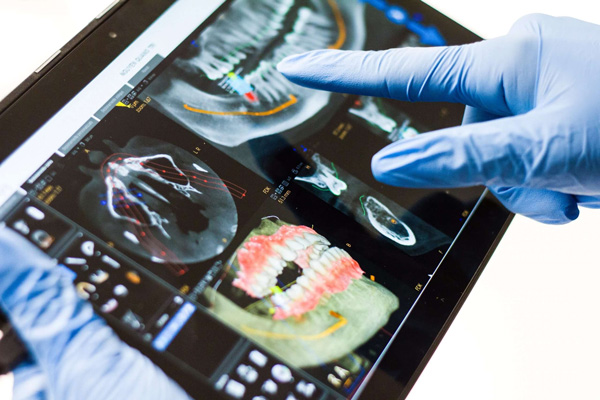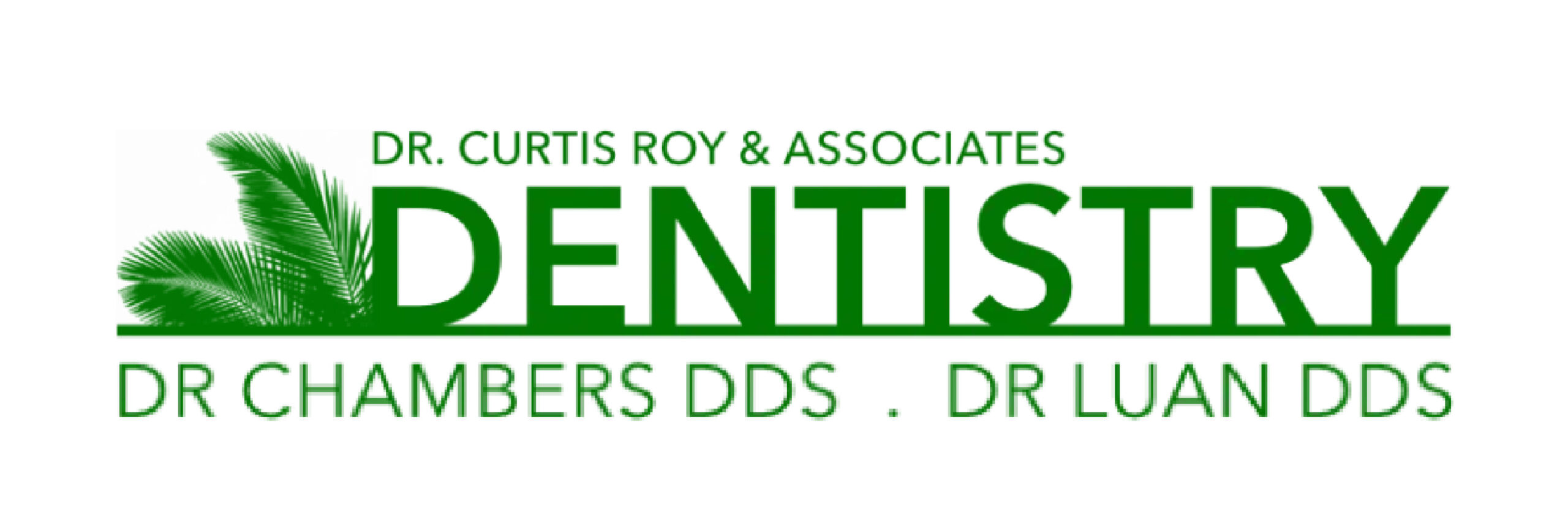Dental X-Rays Are Not Risky

To X-Ray or Not to X-Ray
Dental X-rays in Lafayette, LA have been getting a lot of press lately, mainly because of an article published by the American Cancer Society titled “Dental X-Rays and Risk of Meningioma,” summarizing a study that sought to develop a correlation between dental radiographs and brain cancer. This article has many wondering whether dental X-rays at Dr Curtis Roy & Associates in Lafayette, LA are safe and if the risks outweigh the benefits. So, what’s the real deal?
According to the Academy of General Dentistry (AGD), a professional association of more than 37,000 general dentists dedicated to providing quality dental care and oral health information to the public, “the study’s findings are not applicable to modern dentistry because the study was based upon an examination of outdated radiographic techniques, which produced considerably more radiation than patients would be exposed to today.”
Similarly, the American Dental Association issued a statement indicating that the results of the study in question are “unreliable” and holds to its longstanding position that X-rays should continue to be used sparingly as necessary for diagnosis and treatment with the use of protective aprons and thyroid collars to reduce exposure to radiation.
Keep in mind that dental X-rays are valuable aides in detecting potentially serious oral health problems many which cannot be detected via visual and physical examination at an early stage. So, don’t let the media hype deter you from getting them.
Following is some information about the benefits of X-rays provided by the ADA: Dental X-Rays
What Are the Benefits of a Dental X-Ray Examination in Lafayette, LA?
Because many diseases of the teeth and surrounding tissues cannot be seen when your dentist examines your mouth, an X-ray examination can help reveal:
- small areas of decay between the teeth or below existing restorations (fillings);
- infections in the bone;
- periodontal (gum) disease;
- abscesses or cysts;
- developmental abnormalities;
- some types of tumors.
The amount of radiation that we are exposed to from dental X-rays is very small compared to our daily exposure from things like, cosmic radiation and naturally-occurring radioactive elements (for example, those producing radon).
How Often Should Dental X-Rays Be Taken in Acadiana?
How often X-rays (radiographs) should be taken depends on your present oral health, your age, your risk for disease, and any signs and symptoms of oral disease you may be experiencing. For example, children may require X-rays more often than adults. This is because their teeth and jaws are still developing. Also their teeth are more likely to be affected by tooth decay than those of adults. Your dentist will review your history, examine your mouth and then decide whether or not you need radiographs.
If you are a new patient, the dentist may recommend radiographs to determine the present status of your oral health and to help identify changes that may occur later. A new set of X-rays may be needed to help your dentist detect any new cavities, determine the status of your gum health or evaluate the growth and development of your teeth. If a previous dentist has any radiographs of you, your new dentist may ask you for copies of them. Ask both dentists to help you with forwarding your X-rays.
If you would like to read more information about dental X-rays, the benefits and risks, visit www.ada.org and discuss with your dentist.
Curtis H. Roy, D.D.S., has served Acadiana residents with a general dentistry practice since 1970. Find his practice on the Web at www.drcurtisroyandassociates.com, visit the office at 3703 Johnston St., Lafayette, or call 337-981-9811, and look for him on Facebook and Twitter.
NOTE: The content on this blog is not intended to be a substitute for professional medical advice, diagnosis, or treatment. Always seek the advice of qualified health providers with questions you may have regarding medical conditions.


